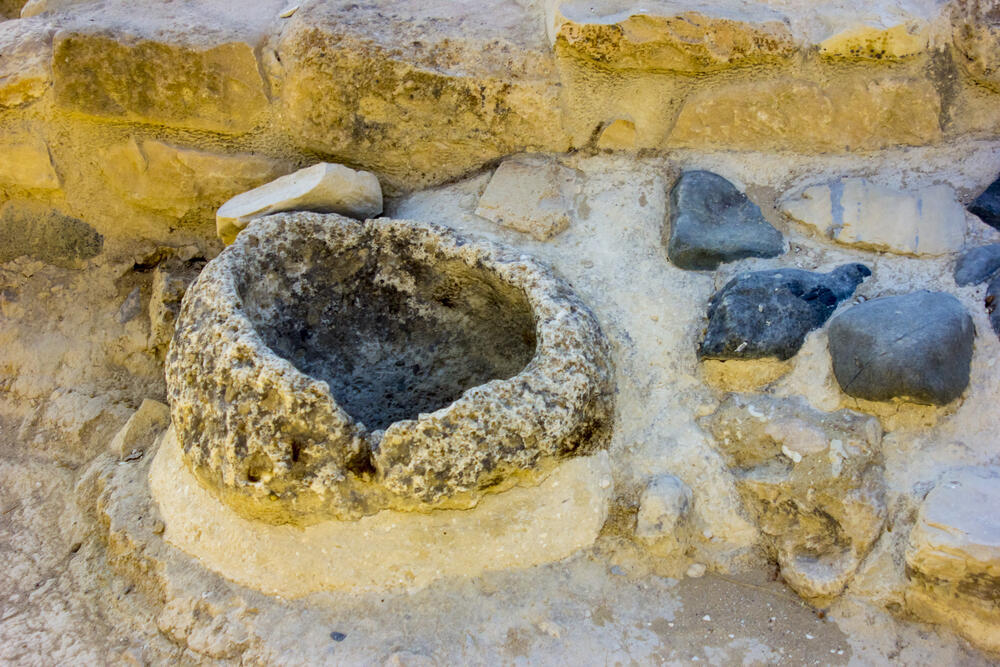Getting your Trinity Audio player ready...
Archaeologists have discovered evidence suggesting that humans inhabited Cyprus much earlier than previously believed, according to a study published in the Proceedings of the National Academy of Sciences.
The study, led by Prof. Corey Bradshaw of Flinders University in Australia, indicates that Mediterranean islands attracted Paleolithic societies.
The findings challenge earlier research, which asserted that these islands were inaccessible to hunter-gatherers during the Pleistocene epoch, which began 2.588 million years ago and ended 11,700 years ago.
Bradshaw, along with Dr. Theodora Moutsiou and Christian Reepmeyer from James Cook University in Cairns, and other researchers, utilized archaeological data, climate assessments, and demographic models to determine when humans first settled on Cyprus.
By examining 10 of the oldest sites on the island, the team identified significant migration events between 14,257 and 13,182 years ago. These events coincided with increasing temperatures, precipitation, and environmental productivity, which supported the sustenance of large hunter-gatherer groups.
Based on demographic models, the researchers indicated that groups of hundreds or thousands of people arrived within a span of 100 years. "These results suggest that the postglacial settlement of Cyprus involved a few large-scale, organized events requiring advanced watercraft technology," Bradshaw wrote. Within a span of 300 years, or approximately 11 generations, Cyprus experienced a population expansion to a median of 4,000 to 5,000 people.
Moutsiou wrote that the findings suggest Cyprus, and potentially other Mediterranean islands, attracted Paleolithic hunter-gatherer societies, contradicting previous assumptions. She added that prior claims linked human migration to demographic pressures on the continent following sudden climate change, which caused sea levels to rise and forced farming communities to relocate out of necessity rather than choice.
Reepmeyer added that the new interpretation of the data addresses gaps in the archaeological record in Cyprus, caused by differential preservation of archaeological material, uncertainty over dating, and limited DNA evidence. He said the study was based on additional archaeological evidence and advanced sampling techniques, which significantly alter earlier understandings and provide new insights into this ancient period.
Bradshaw emphasized that the new findings underscore the need to reevaluate previous observations of human migration in the Mediterranean Sea, utilizing new technological tools and advanced research methods that may shed new light on the subject.



